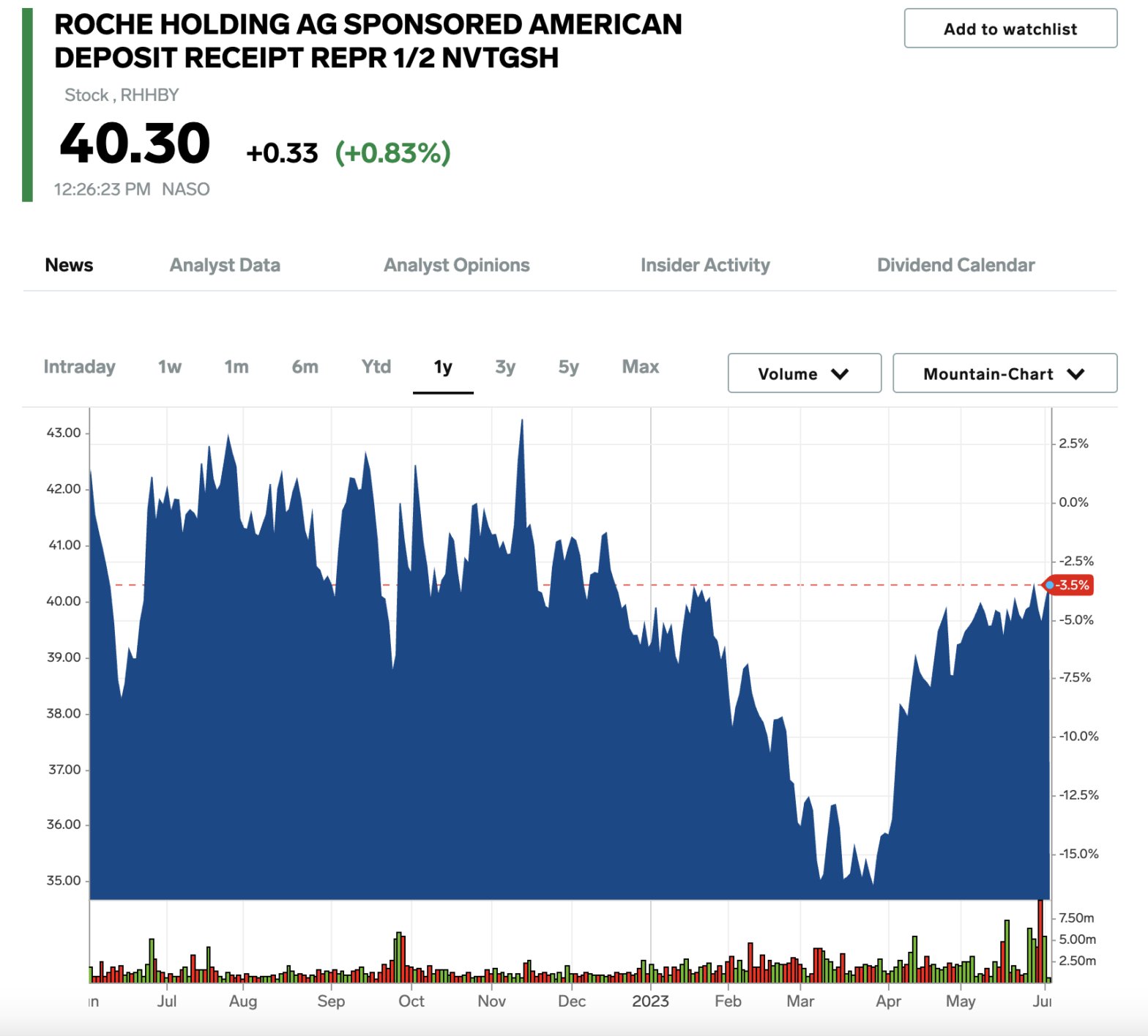At the halfway point of 2023, Morningstar has updated its list of the best stocks to buy now. The research firm picked stocks it considers cheap even after the market’s rally. Wells Fargo, Comcast, and Taiwan Semiconductor Holding are among the names. At the halfway point of 2023, it’s clear that stock market investors are experiencing a reversal of fortunes this year compared to 2022.
Investors who own technology stocks are seeing particularly impressive gains, thanks in part to companies that are connected to the boom in artificial intelligence applications.
The tech-heavy Nasdaq 100 hit a 52-week high last week, bringing its year-to-date gains to more than 26%. The broader S&P 500 logged a 12% gain for the year so far, a mirror image of its 12% loss over the same period in 2022.
But the market is not out of the woods yet, and there are still several reasons to be uncertain about what the next six months will bring.
For one, the start date of the long-expected economic recession seemingly keeps getting postponed. On Friday, investors had one more reason to push it further out after the jobs report showed that employers added 339,000 jobs in May, more than even the most optimistic forecast.
Amid the uncertainty, stock pickers should find names that still offer bargain prices, and that provide consistency in terms of fundamentals and cash flows. That’s according to the research firm Morningstar, which compiled a list of 10 stocks that fit the bill — and that investors should buy now.
“We believe the best companies have predictable cash flows and are run by management teams that have a history of making smart capital-allocation decisions,” wrote Morningstar’s Susan Dziubinski in a note on Wednesday.
The stocks are listed below in descending order of their price-to-fair-value ratios, a metric that accounts for a company’s competitive advantage, its cash-generating potential, and the level of uncertainty about its cash flows. A ratio below 1 means a stock is undervalued, and greater than 1 means it’s overvalued.
